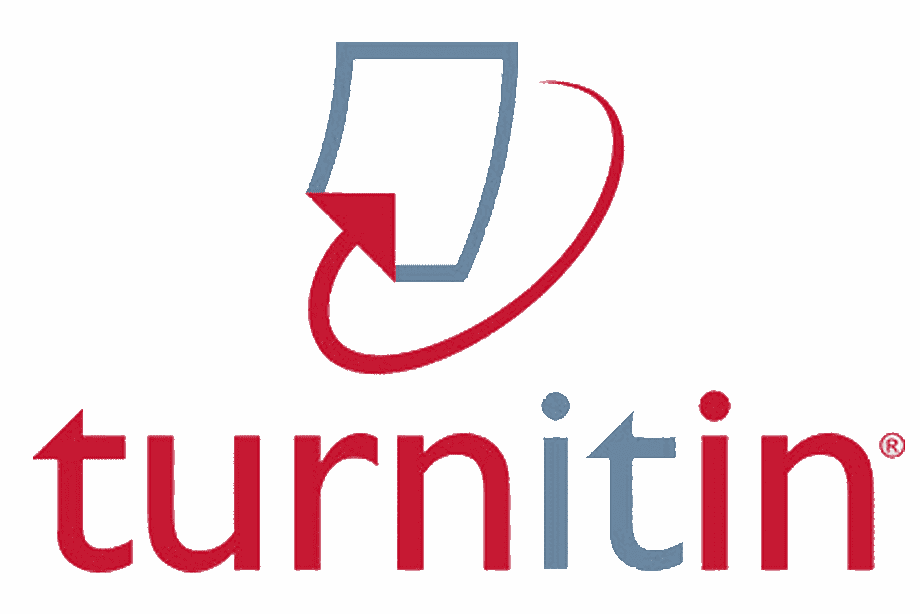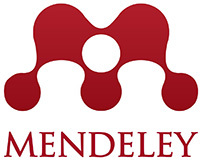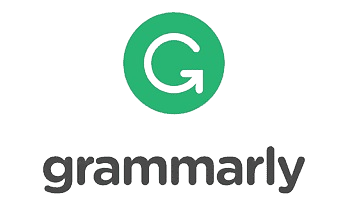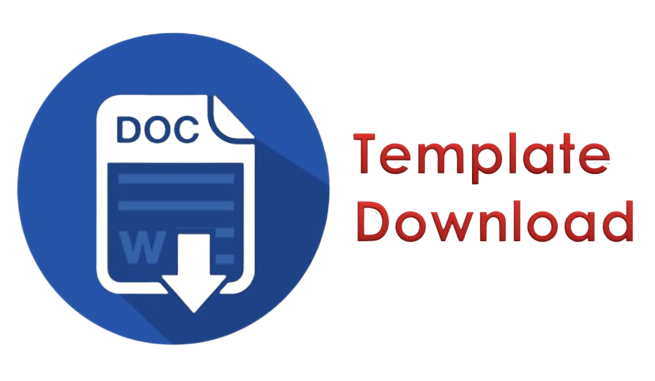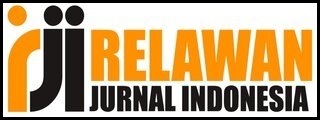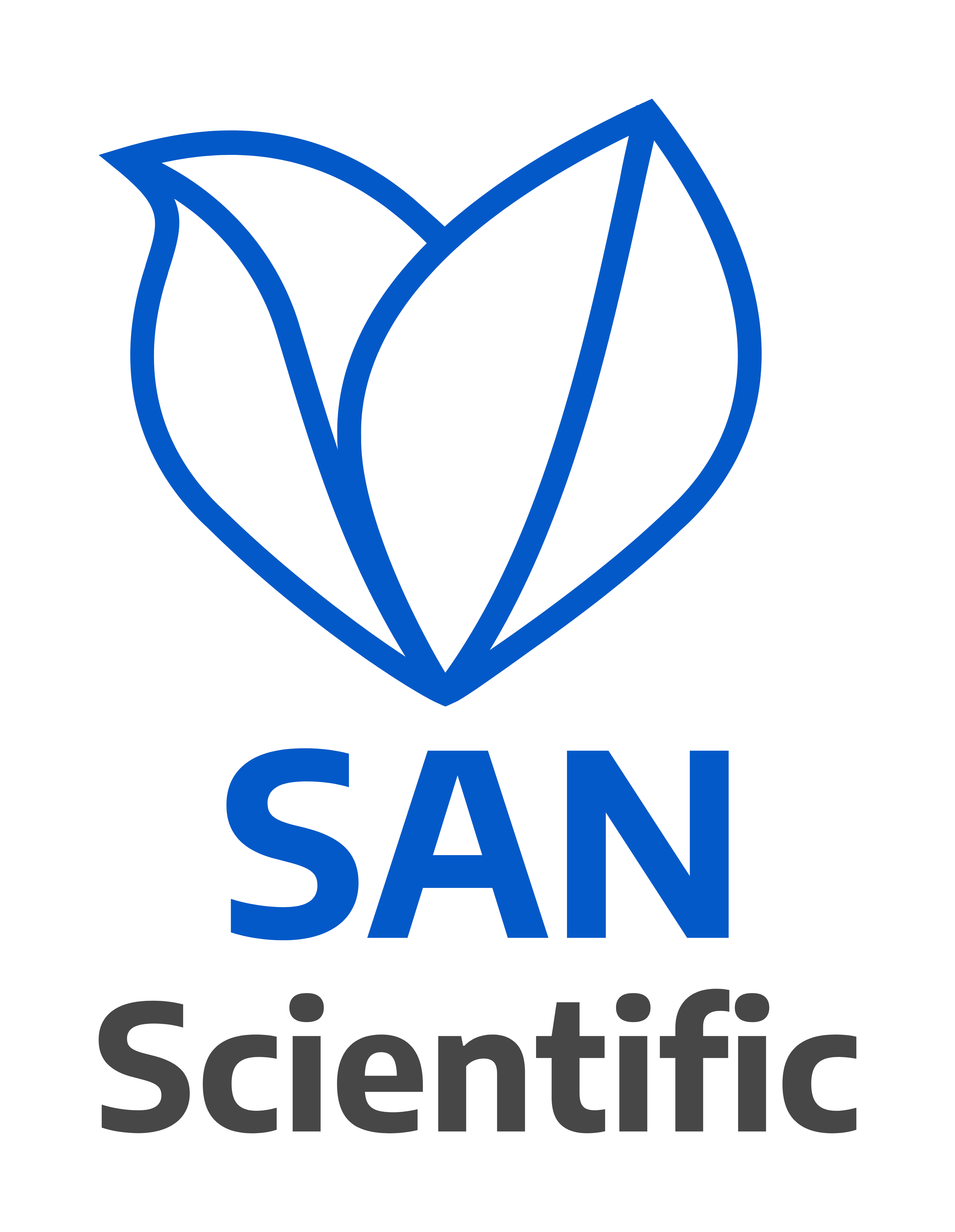Training on Optimizing Waste Bank Management through a Social-Humanistic Approach
DOI:
https://doi.org/10.58777/ecd.v2i2.237Keywords:
waste management, waste bank, social humanistic approach, additional income, community participationAbstract
Effective waste management in Sumur Mangga RT 06 RW 01, Larangan Ciledug, Tangerang City, remains a significant challenge. The Waste Bank initiative, aimed at organizing waste disposal, faces obstacles including low community engagement and inadequate understanding of waste types and the Waste Bank itself. Additionally, suboptimal prices for collected waste further hinder progress. To address these issues, Bina Sarana Informatika University has launched a Community Service program. This program employs a social humanistic approach to train residents in optimizing Waste Bank management and increasing their income. The methodology involves observation, interviews, training sessions, and evaluations. The outcomes demonstrate enhanced public knowledge and appreciation of waste management and the Waste Bank's role, leading to increased community participation. Training sessions have also equipped residents with strategies to boost the after-sales price of waste, thereby improving their earnings. This initiative has had a positive impact by tackling waste management challenges and enhancing local community welfare. It also emphasizes the importance of enhancing managerial and operational skills among Waste Bank managers, fostering better waste management practices and economic outcomes for residents.
References
Al Fira S, Kastolani W dan Ismail A. 2022. Pengaruh tingkat kekumuhan terhadap partisipasi masyarakat dalam pengelolaan sampah permukiman di Kecamatan Gedebage Kota Bandung. Jurnal Pendidikan Dan Ilmu Geografi 7(2):150–157. https://doi.org/10.21067/jpig.v7i2.6821
Angelis ID, Ricceri L and Vitale A. 2019. The 3R principle: 60 years taken well. Ann Ist Super Sanità 55(4):398-399
Ariefahnoor D, Hasanah N dan Surya A. 2020. Pengelolaan sampah Desa Gudang Tengah melalui manajemen bank sampah. Jurnal Kacapuri 3(1):14-30. https://doi.org/10.31602/jk.v3i1.3594
Borges MS. (2018). Characterization of urban waste management practices in Brazil: a generic sustainable framework based on waste characteristics and urban dimension in the country. Waste Management and Resource Efficiency 2(3):345– 359. https://doi.org/10.1007/978-981-10-7290-1_30
Budilaksono S, Oisina I V, Kencana WH. (2021). Aplikasi Pengelolaan Tabungan Sampah Dan Pemasaran Produk Bank Sampah. Ikra-Ith Abdimas. 4(3):271–6.
Clasissa Aulia D, Kiswanto Situmorang H, Fauzy Habiby Prasetya A, Fadilla A, Safira Nisa A, Khoirunnisa A, et al. (2021). Peningkatan Pengetahuan dan Kesadaran Masyarakat tentang Pengelolaan Sampah dengan Pesan Jepapah. J Pengabdi Kesehat Masy. 1(1):62–70.
Elamin MZ, Ilmi KN, Tahrirah T, Zarnuzi YA, Suci YC, Rahmawati DR, et al. (2018). Analysis of Waste Management in The Village of Disanah, District of Sreseh Sampang, Madura. J Kesehat Lingkung. (2018). 10(4):368 https://doi.org/10.20473/jkl.v10i4.2018.368-375
Hidup KL. (2021). Peraturan menteri lingkungan hidup dan kehutanan republik indonesia nomor 14 tahun 2021 tentang pengelolaan sampah pada bank sampah. 1–23.
Ivakdalam LM dan Risyart AFF. 2022. Peningkatan partisipasi masyarakat dalam keberlanjutan pengelolaan sampah melalui bank sampah. Agrikan 15(1):165– 181.
Jati Sumarah, Unggul Pambudi. Sosialisasi Bank Sampah yang Bernilai Ekonomis dan Higienis di Desa Petuguran Kecamatan Pituruh Kabupaten Purworejo Tahun 2021. JURPIKAT (Jurnal Pengabdi Kpd Masyarakat). 2021;2(3):523–30. https://doi.org/10.37339/jurpikat.v2i3.722
Minelgaitė A and Liobikienė G. 2019. Waste problem in European Union and its influence on waste management behaviours. Science of the Total Environment 667(2):86-93. https://doi.org/10.1016/j.scitotenv.2019.02.313
Nugraha JT. 2019. Pengelolaan sampah perkotaan berbasis komunitas di Kota Magelang. Journal of Public Administration and Local Governance 3(2):116-128
Sri Pujiati, S.Pd, Ernita Nulia Sari, S.Pd, Sri Hartati, S.Pd, Ayu Eriyah, A.Md I. Sampah Membawa Berkah. Pertama, N. Misnawati SP, editor. Bekasi, Manhun Jaya: mikromediateknolgi.com; 2022. 50 p.
Septiani, Anggun B, Arianie DM, Risman VFAA, Handayani W dan Kawuryan ISS. 2019. Pengelolaan sampah plastik di Salatiga: praktik dan tantangan. Jurnal Ilmu Lingkungan 17(1):90-9 https://doi.org/10.14710/jil.17.1.90-99
Downloads
Published
Issue
Section
Copyright (c) 2024 Tri Wodyastuti, Ananto Krisna Wardhana, Yudha Febri Al Paksi, Irwin Ananta Vidada, Afrida Nita Mawadah, Aisyah Aisyah

This work is licensed under a CC Attribution-ShareAlike 4.0
 Views: 130
|
Views: 130
|
 Downloaded: 64
Downloaded: 64



